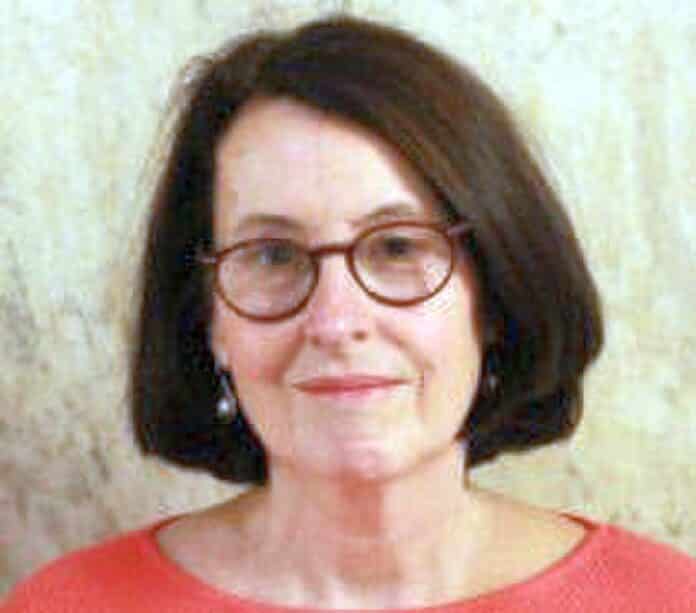INDIANAPOLIS — The past, present and future collided in an Indiana House of Representatives committee last week, and the past — for now — won.
The House Utilities, Energy and Telecommunications Committee, in a party-line vote, backed a bill authored by the committee chairman, Rep. Ed Soliday, that would, as he put it, put a pause on the closures of coal-fired power plants. Under it, the Indiana Utility Regulatory Commission would be able to block an electric utility from shutting down a power plant if the company can’t show it was either required by a federal mandate or is otherwise necessary.
In order to convince reluctant Republicans to, at least for now, back the measure, House Bill 1414, Soliday, R-Valparaiso, amended it to have the law expire on July 1, 2021 — a death sentence which lawmakers could reprieve next session if they chose.
For more than two hours in a meeting last week, the committee heard from nearly three dozen people — almost all of them opposed. The handful that did back it were either from or speaking on behalf of the coal industry. In that regard, Soliday accomplished a rare feat, uniting the Indiana Chamber of Commerce and conservative political organizations with the Citizens Action Coalition, the Hoosier Environmental Council, and even a self-proclaimed socialist who came to testify.
Coal-fired plants are closing too quickly, Soliday said, arguing that closures needed to be halted while the 21st Century Energy Policy Development Task Force — created by the legislature last year, and which he co-chairs — does its job of examining energy generation in a rapidly-changing world. His bill, though, seemed to preserve a 19th-century energy policy.
The specter was raised of a world where solar and wind-powered plants failed to meet electricity demands.
“There is a gap, and we need coal to survive,” Soliday asserted, despite testimony from utility lobbyists that there is no reason to believe switching from coal equals electricity outages.
He’s right about the rapid demise of coal. But there’s a reason for that: Utilities are finding cheaper, cleaner ways to generate electricity.
Thank God. We live in a world literally on fire from climate change. 2019 was the second-hottest year on record, in a decade that was the hottest ever. Extreme weather events are becoming the norm, not the exceptions. Coal contributes to global warming and, studies show, to premature deaths from pollutants.
But there is also a human cost to shuttering coal plants and mines.
Rep. Alan Morrison, R-Brazil, spoke passionately about the jobs being lost.
“Sunrise Coal (in Carlisle in Sullivan County) laid off 90 people on (Jan. 20). Those are 90 families that don’t have a paycheck next month or the month after that. Real people. They’re real Hoosiers,” he said. “Right down the road, Merom power plant (also in Sullivan County) announced it’s shutting down, coal-fired power plant, 180 jobs. Again, real people losing their jobs.”
No one should dismiss that pain. As a child, I watched my father and family suffer when his manufacturing job was shipped to where labor was cheaper. And I’ve spent my life in a profession now seeing newspapers close and jobs slashed as journalism struggles in a digital world.
But there is no law that can or should be passed to turn back the clock. Jobs being lost in one industry are being created in others — jobs that don’t doom workers to black lung disease. And technology is changing so fast that a renewable-energy future isn’t a pipe dream any more.
During the hearing, one of Soliday’s constituents, Gilles Charriere from Valparaiso, came to the Statehouse to speak against the bill. Charriere, a native of France who two years ago became a U.S. citizen, recalled being 8 years old and marveling as Americans landed on the moon.
“I saw the spirit of enterprise, the courage,” he said. “That was a great challenge that was met because there was a will.”
With HB 1414, he said, “it’s like we’re paralyzed by fear, frozen in the past, not willing to advance. Progress, I believe personally, will happen. We will meet the challenges of cleaning up the way we generate electricity.”
The bill, Charriere told Soliday, would be “just like a weight we have to drag along.”
Instead of “spending energy on this useless bill,” Charriere said, he wished the legislature was instead looking at ways to help those losing their jobs transition to the future.
You cannot pause progress.
Mary Beth Schneider is an editor with TheStatehouseFile.com, a news website powered by Franklin College journalists.





